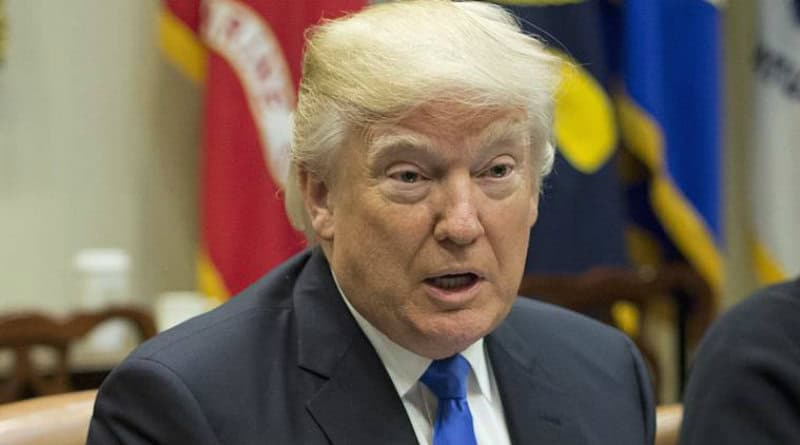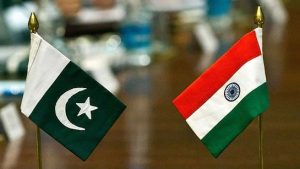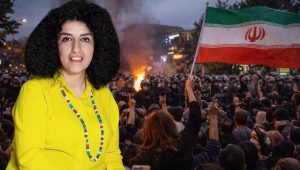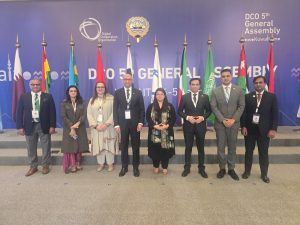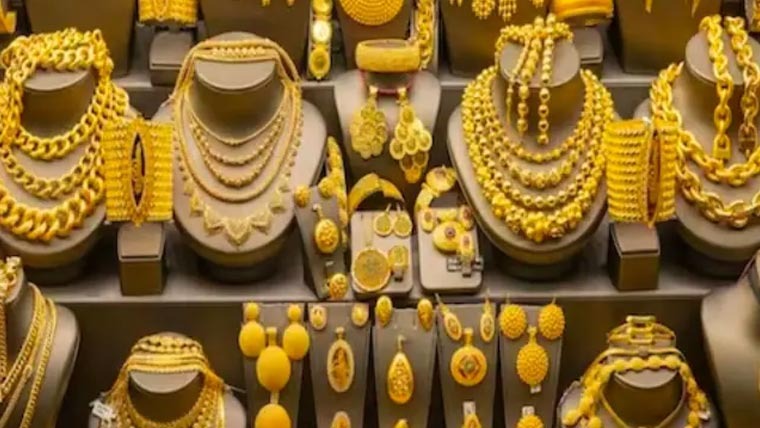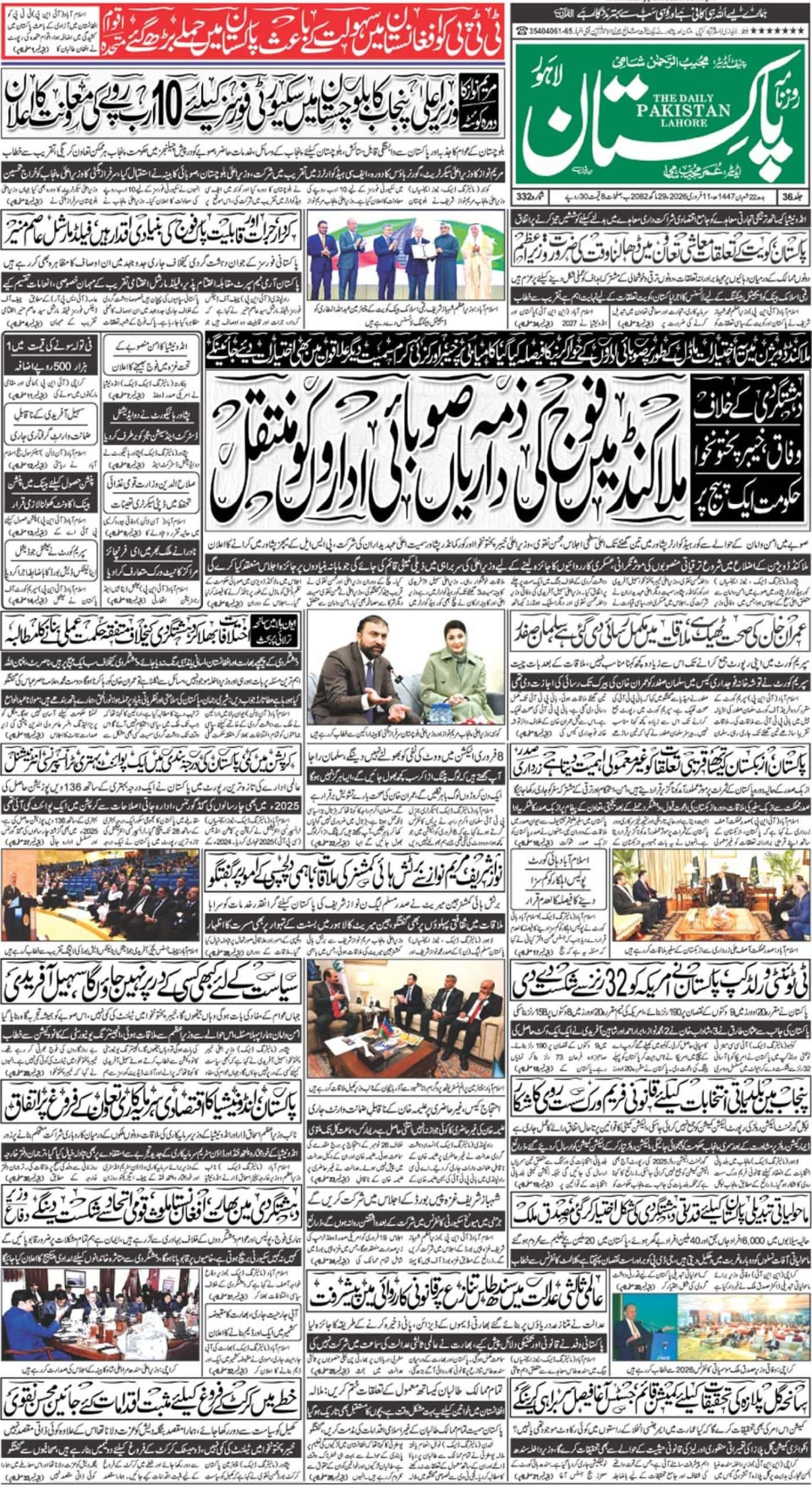WASHINGTON – US President Donald, who won elections with a promise among others to bring major US first back onshore, will might face embarrassment as Paradise Papers, released by the International Consortium of Investigative Journalists (ICIJ), exposed secrets of his close aides regarding offshore holdings.
In his election campaign in 2016, Trump showed his resolve to introduce tax reforms to attract Americans’ trillion of dollars parked overseas. For this, Trump and other Republicans struggling to approve such reforms from Congress ahead of his first anniversary of election victory.
Despite his efforts, Trump has 13 close aides including key minister in his circles who took benefits from the tax havens by investing in the offshore companies.
The Panama Papers-style investigation has revealed names of 127 politicians and public officials (14 current or former country leaders included) from more than 47 countries in the 13.4 documents obtained from two companies working in Singapore and Bermuda.
US Secretary of Commerce Wilbur Ross
The Appleby – a Bermuda-based company – files show how Wilbur Ross, Trump’s commerce secretary, has used a chain of Cayman Islands entities to maintain a financial stake in Navigator Holdings, a shipping company whose top clients include the Kremlin-linked energy firm Sibur.
Among Sibur’s key owners are Kirill Shamalov, Russian President Putin’s son-in-law, and Gennady Timchenko, a billionaire the US government sanctioned in 2014 because of his links to Putin. Sibur is a major customer of Navigator, paying the company more than $23 million in 2016.
When he joined Trump’s cabinet, Ross divested his interests in 80 companies. But he kept stakes in nine companies, including the four that connect him to Navigator and its Russian clients.
These revelations come against a backdrop of growing concerns about hidden Russian involvement in US political affairs.
Secretary of State Rex Tillerson
The leaked files also carries name of the US secretary of state showing him a director of offshore company, Marib Upstream Services Company, established in 1997 in Bermuda. The company carried out projects regarding oil and gas involving billions of dollars in the Middle East.
The firm was associated with US-based company, ExxonMobil, which was later joined by Tillerson as chief executive. He was looking after the affairs of the company in Yemen division at the time the ventures were launched.
Hunt Oil, another company headed by Tillerson’s friend Ray Hunt, along with ExxonMobil undertook a project worth $5 billion in Yemen’s Marib gas fields to export 61 million barrels of natural gas per year.
Following the expiry of the contract with ExxonMobil-Hunt, Yemen nationalised the gas-exploring operation in 2005. The companies filed a legal suit against the country with the International Chamber of Commerce claiming $1.6 billion. The case was won by Yemen.
According to a report published last year, Exxon Mobile had held around 35 subordinate companies in different tax havens. When Tillerson led the company as CEO it had nearly $51bn offshore holdings.
Gary Cohn
The chief economic adviser to Trump, who is making efforts for tax reforms, is also familiar with the offshore investments. He had been president or vice-president of 22 different firms in Bermuda for Goldman Sachs, the documents revealed.
Cohn while leading the bank’s commodities and then equities divisions supervised the purchase of companies from GMAC Commercial Holding of Bermuda, a subsidiary of General Motors.
The Goldman Sachs companies were removed from Bermuda registry in 2012.
In a statement, Goldman Sachs accepted to invest in Asia, besides clarifying that it paid taxes “in all relevant tax jurisdictions”. Regard Cohn, the firm said that it was not unusual that its employees become officers at the entities, adding that the company did not pay extra for additional responsibilities.
The adviser resigned from the companies in 2006 at the time he became president of Goldman Sachs.
Jon Huntsman
The Paradise Papers revealed that Jon Huntsman, a new US ambassador to Russia, helped steer a previously undisclosed offshore firm.
His name has been disclosed as a director of HICI International Sales Corporation established in 1999. It was used for sales in foreign countries for one of the arm of Huntsman Corporation related to industrial chemicals.
The Huntsman ICI yielded a profit of $151m on revenues of $4.4bn only in 2000.
HICI was a overseas sales vehicle, a type in which US citizens were entitled to 32% tax exemption on overseas income under 1984 reforms. Later the US authorities plugged the loophole in 2007.
The Guardian news quoted Troy Keller, a spokesman for Huntsman Corporation, as saying: “It [HICI] existed for just a few years and it participated in a US government-created program to promote exports.”
Others Aides of Trump
Steven Muuchin, US Treasury secretary, has also been found involved in financing offshore private planes for his clients.
The leaked documents revealed name of Randal Quarles, a senior official of Trump’s banking watchdog, regarding his connection with offshore bank, which is being investigated for alleged tax evasion in the US.
Kenneth Juster, US ambassador to India, is among the beneficiaries of tax havens through which he got benefits for his previous investment firm, Warburg Pincus, and its purchase worth billions of dollars.
The other names include Carl Icahn, former adviser to Trump, Tom Barrack, chairman of Trump’s inaugural committee, Jay Clayton, SEC chairman and Ben Carson, housing and urban development (HUD) secretary.
What is Paradise Papers?
The Paradise Papers is a database comprising around 13.4 million documents, which reveals over 25000 companies owned by the world’s rich and influential individuals.
The documents were obtained from two companies in Singapore and Bermuda by a German newspaper and shared with the ICIJ. A major part of the Panama Papers comprises leaked files from company ‘Appleby’.
The files reveal data of over 25,000 companies owned by individuals from 180 countries, from 1950 to 2016.
Below is a comparison of Paradise Papers with Panama Papers:
Number of politicians and public officials:
Paradise Papers: 127 politicians and public officials (14 current or former country leaders included) from more than 47 countries
Panama Papers: 140 politicians and public officials from more than 50 countries
Which leak is the bigger than other?
Paradise Papers is bigger in the number of records (13.5 million in Paradise Papers vs. 11.5 million in Panama Papers) and Panama Papers is bigger in terms of the size of the leak (1.4 Tb in Paradise Papers vs. 2.6 Tb in Panama Papers).
Due to that this is “one of the biggest leaks in the history of journalism” instead of the biggest and then you could compare some of the different figures related to the data size between Paradise Papers and previous leaks.
Journalists in Paradise Papers project
Media partners, countries, journalists:
* Number of journalists 381
* Number of media partners 96
* Number of countries 67
There are more journalists working on the Paradise Papers than the Panama Papers at the time of the project release (381 Paradise Papers – 376 Panama Papers).
As for the number of media partners and number of countries, there are a few less. Panama Papers had 100+ media partners and 76 countries. The ICIJ currently has for Paradise Papers 96 media partners and 67 countries.
Disclaimer: It is pertinent to note here that not every offshore firm is necessarily illegal.

